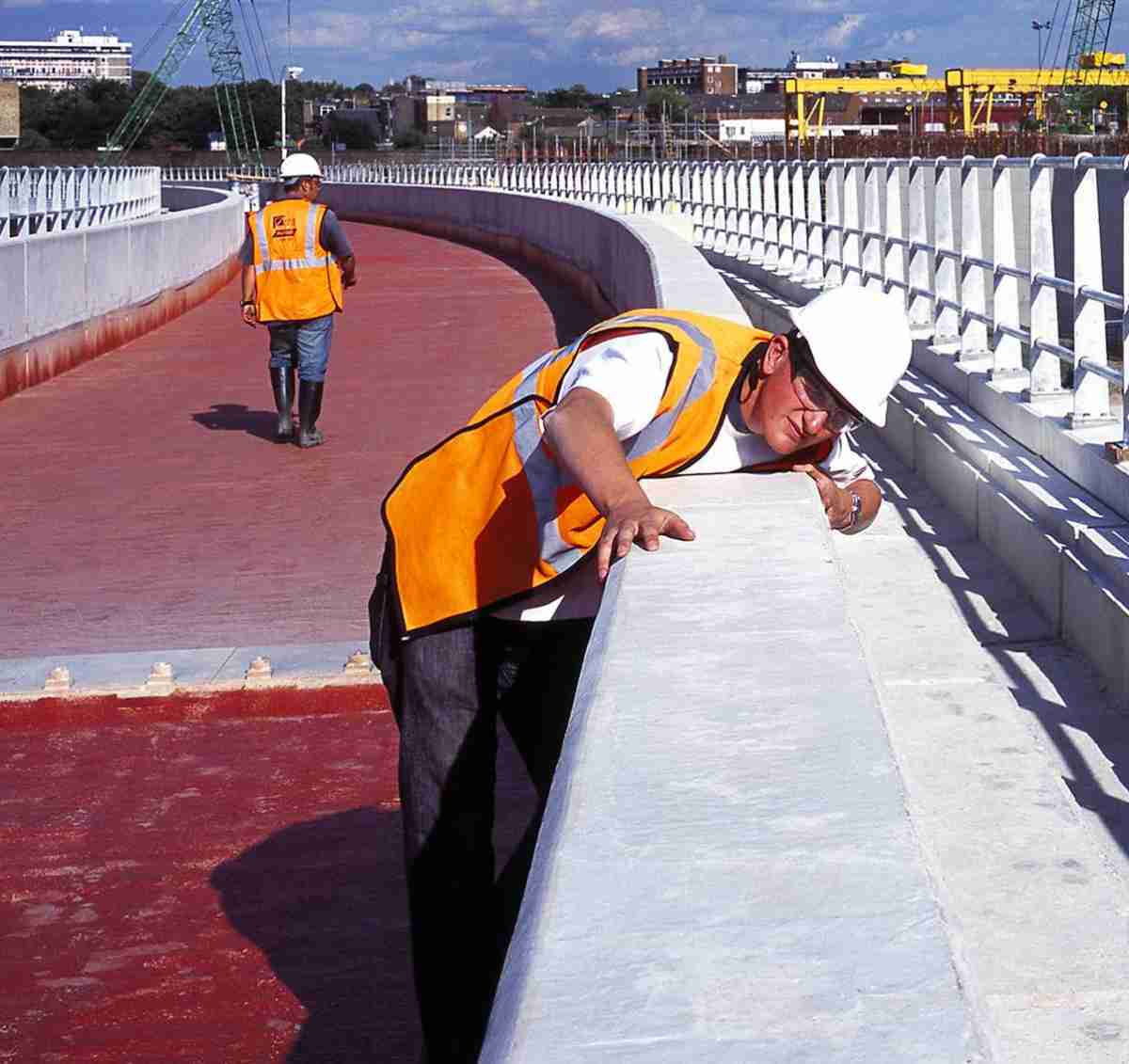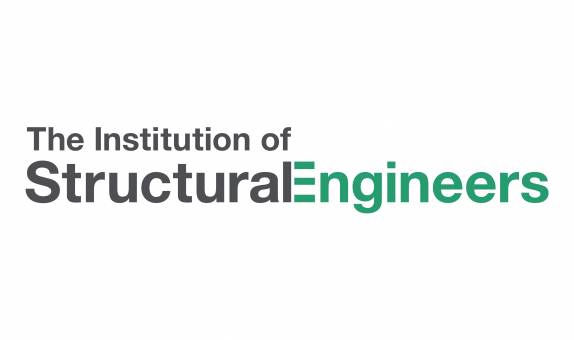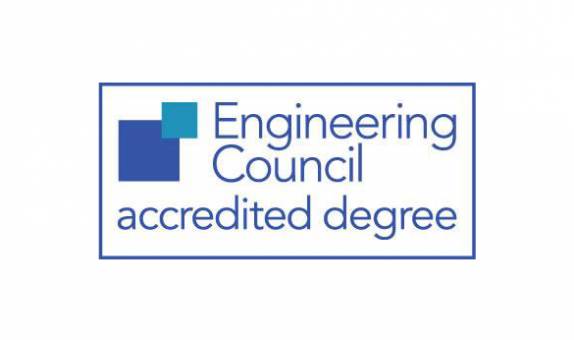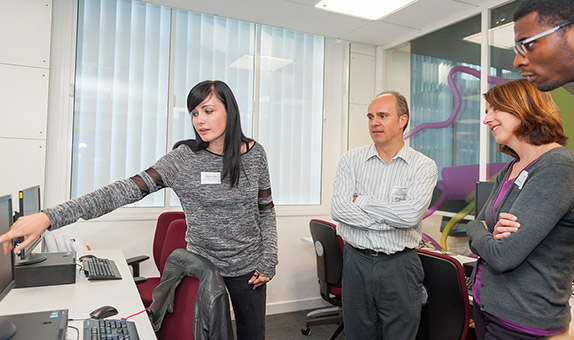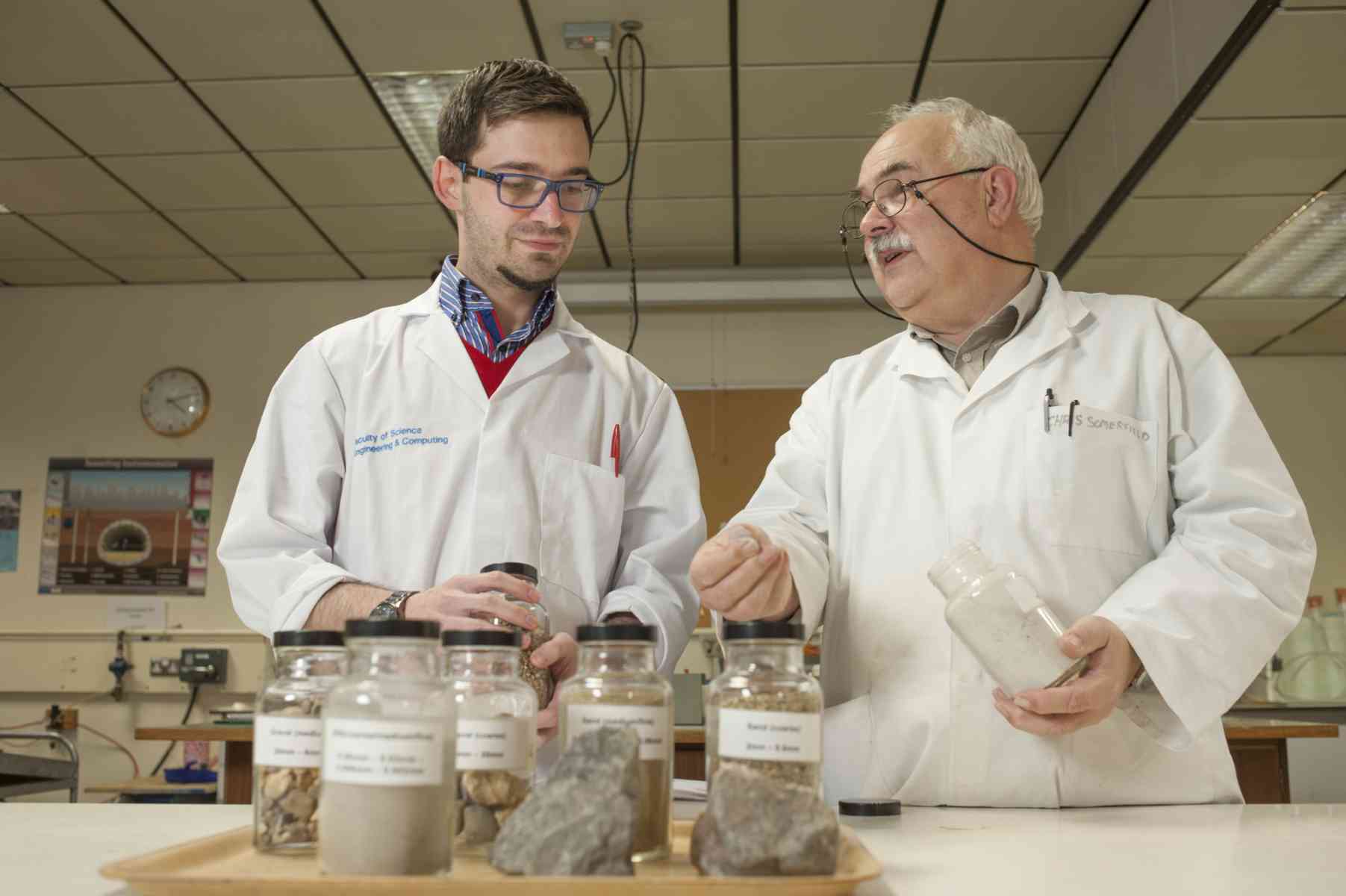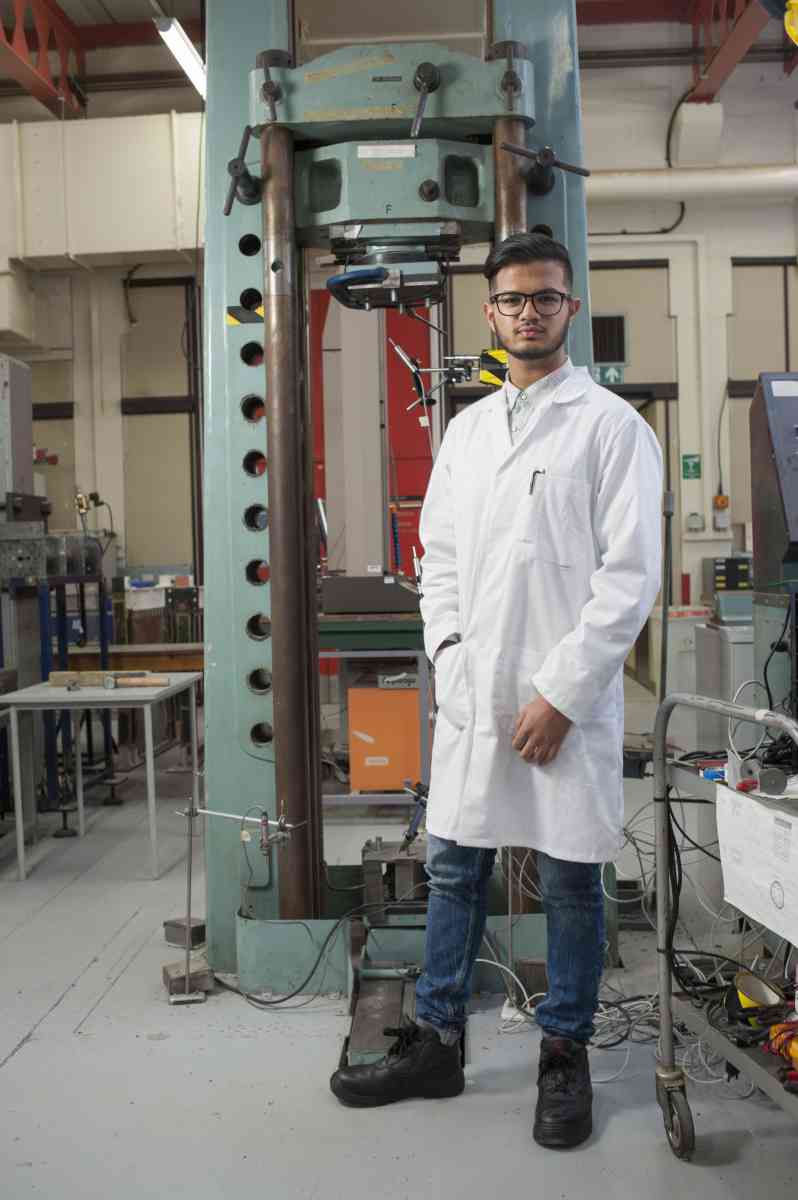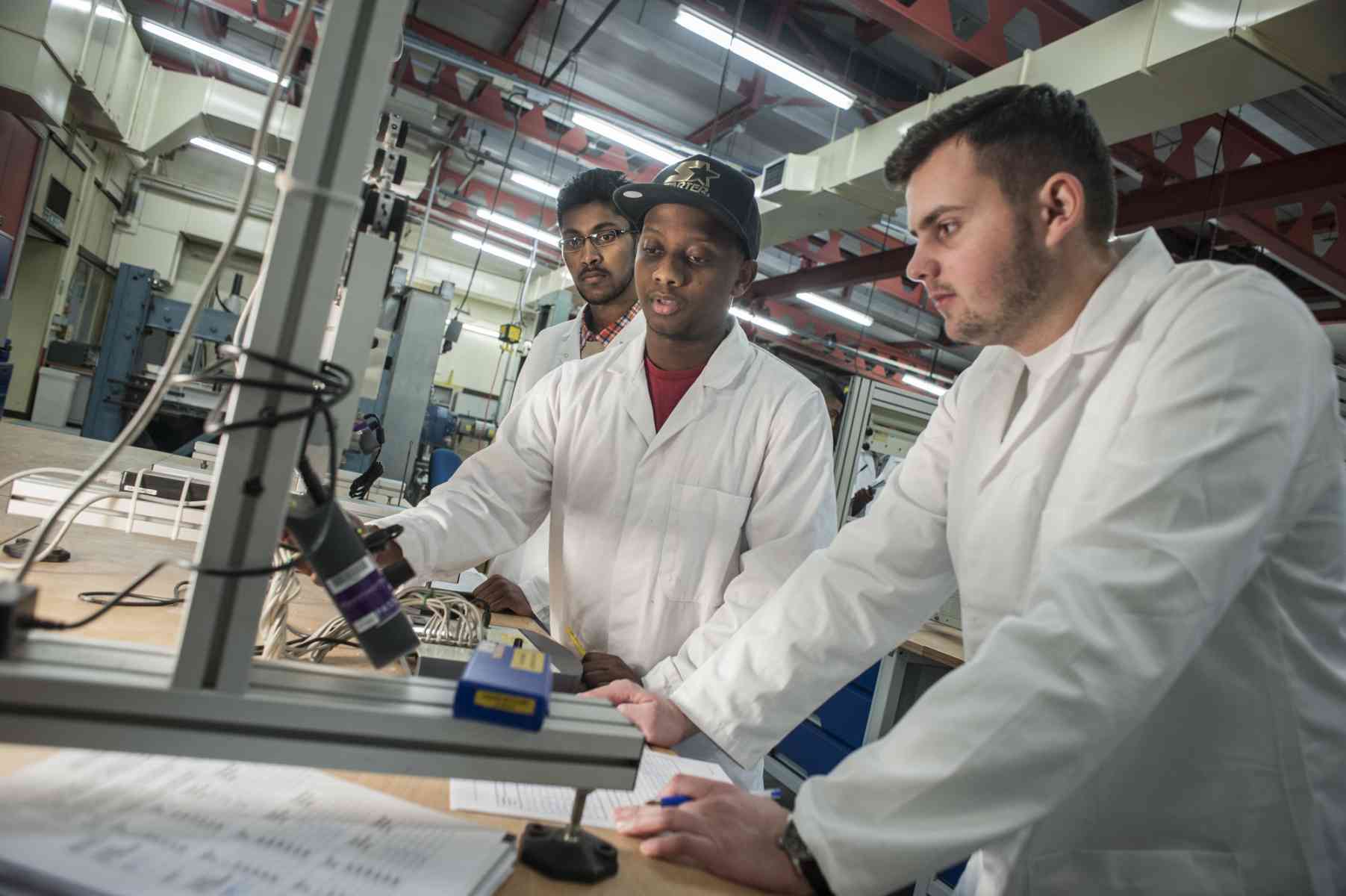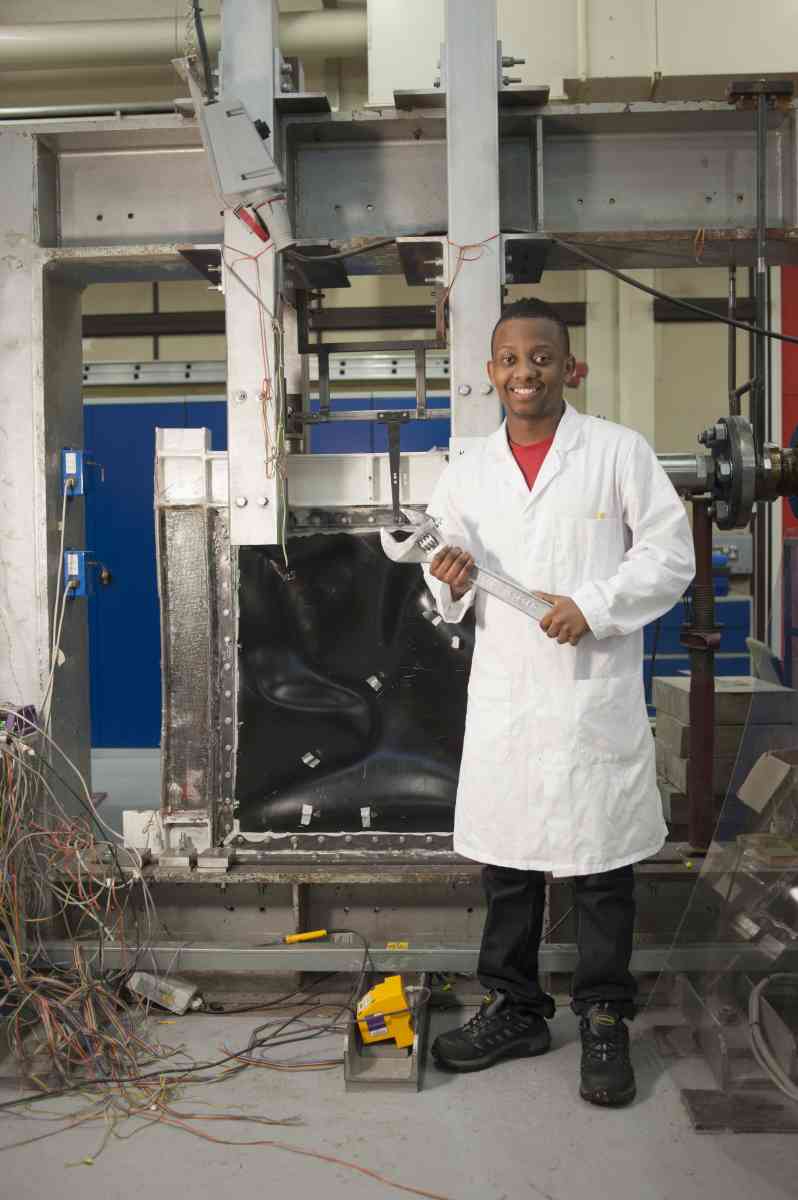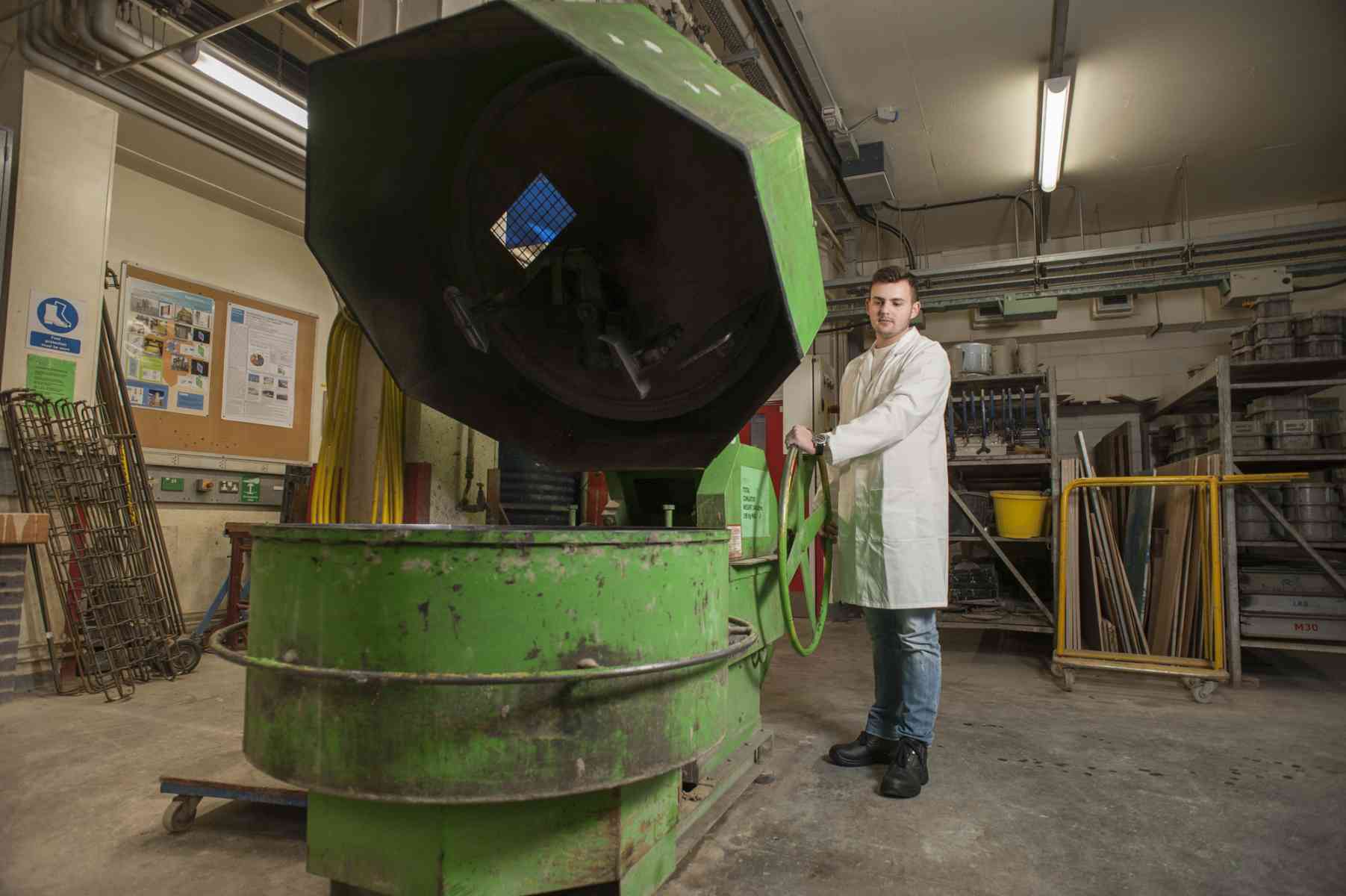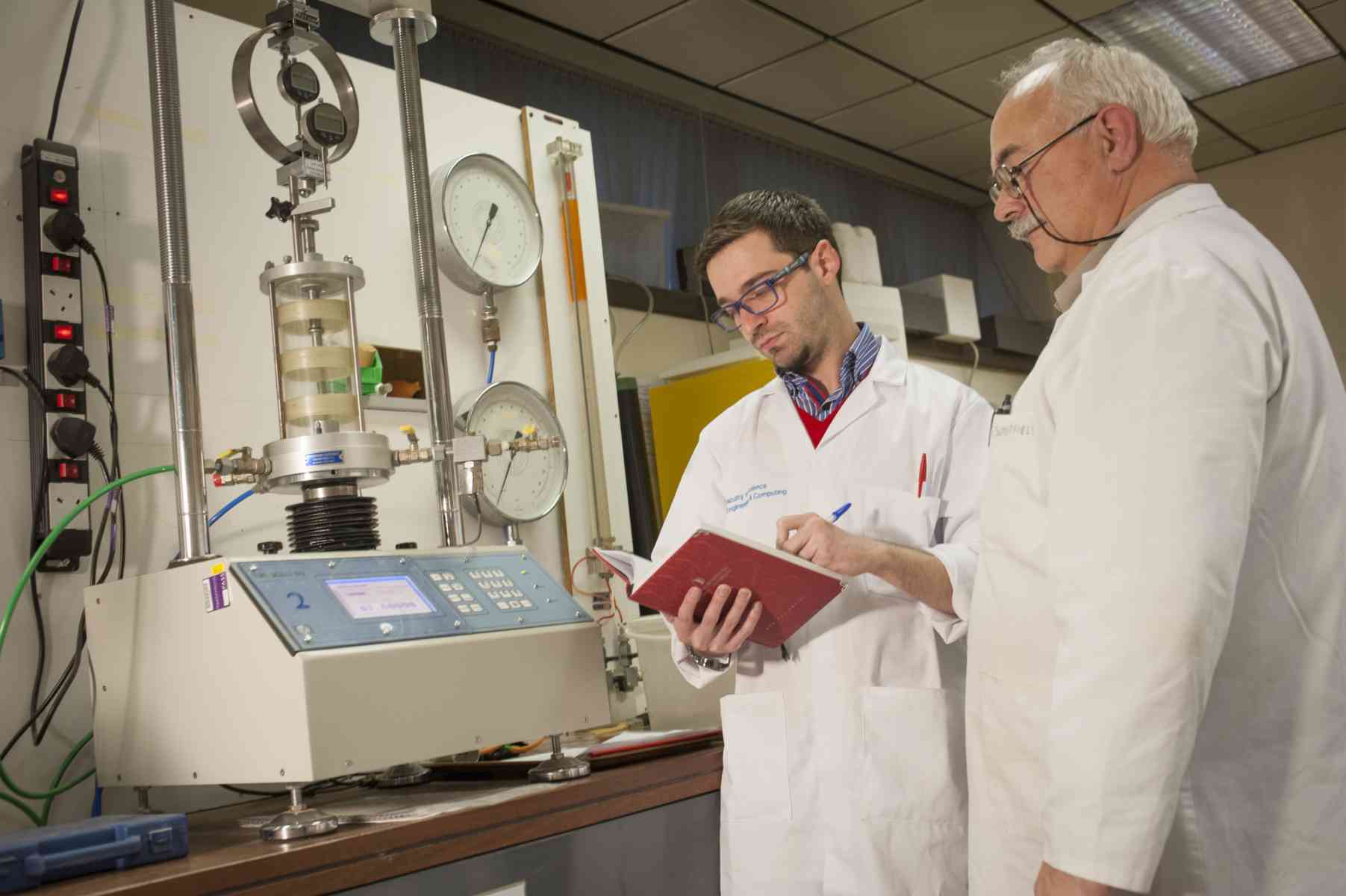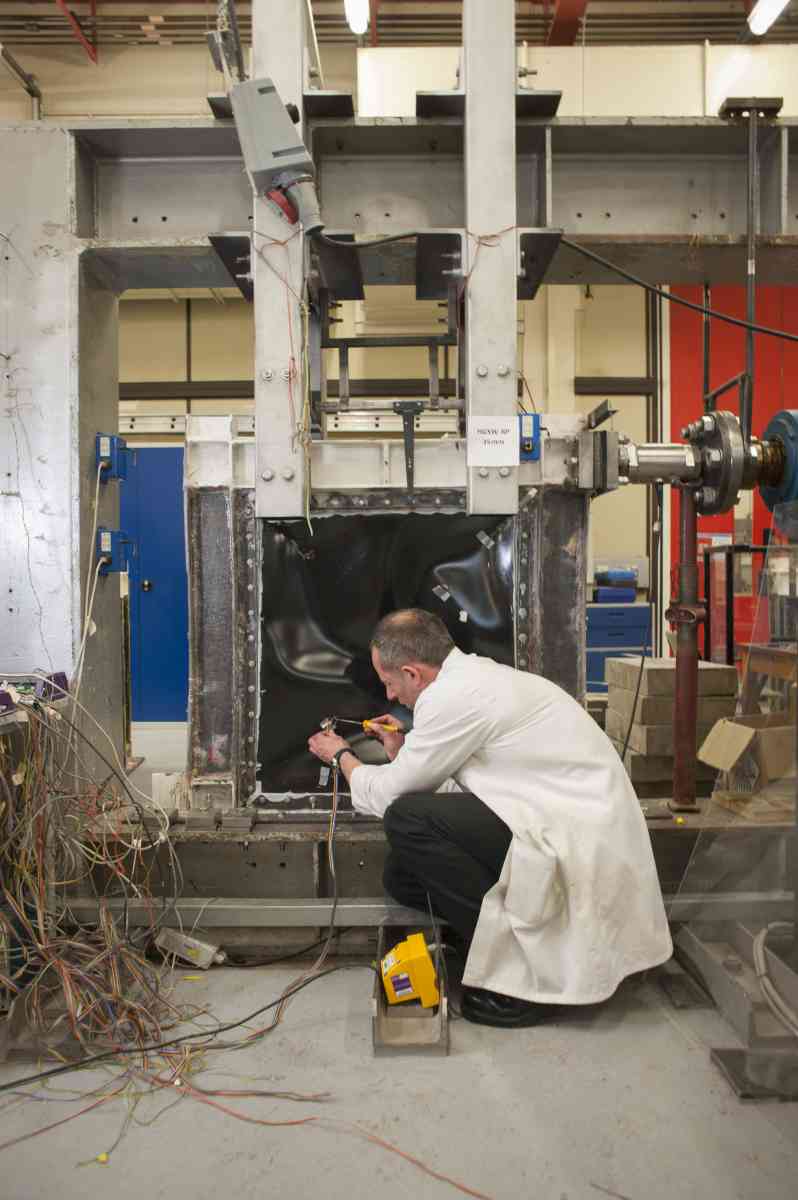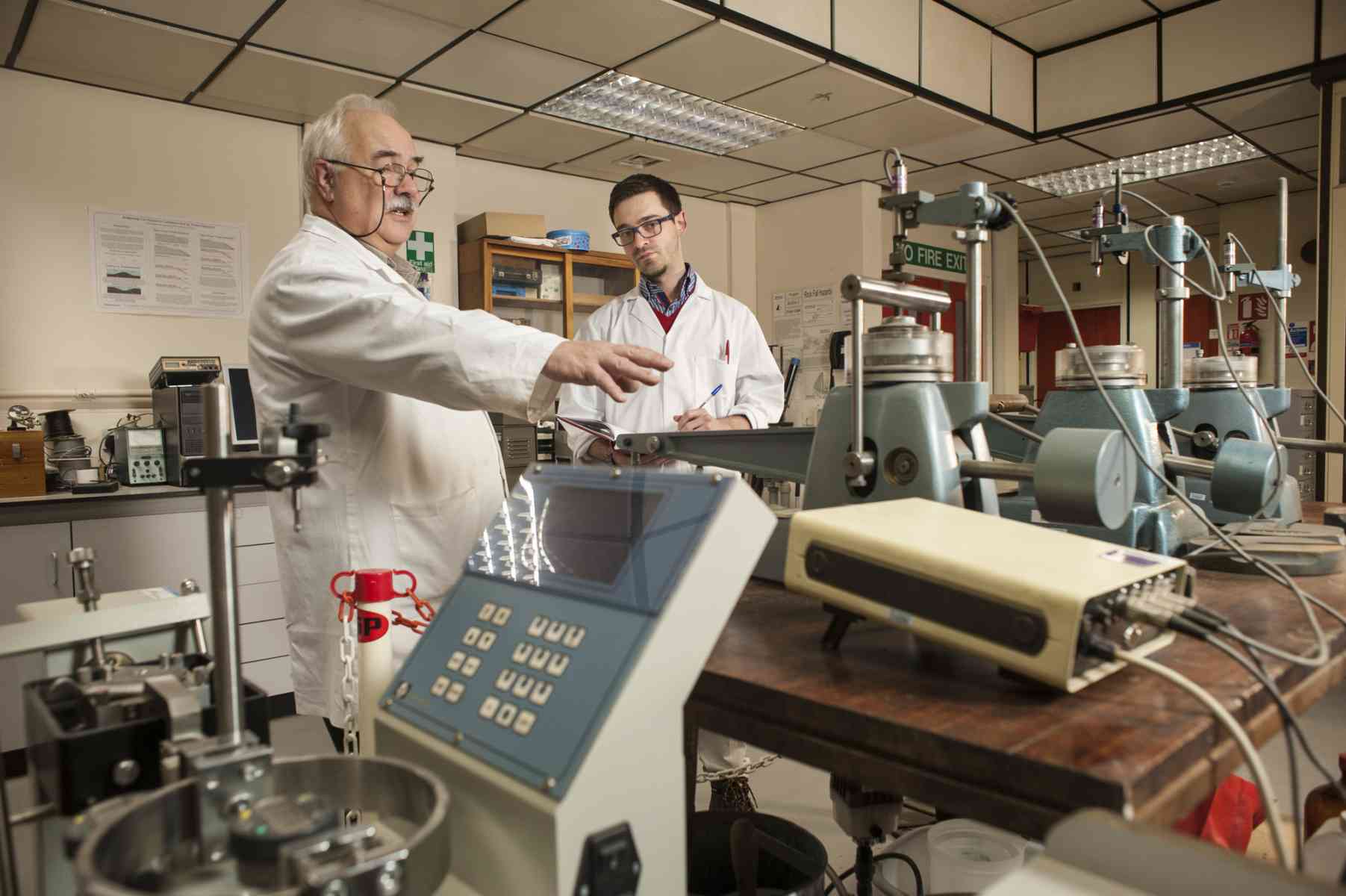Civil Engineering BEng (Hons) Degree Apprenticeship

Teaching Excellence Framework (TEF) Gold award
Our commitment to high quality teaching has been recognised with a TEF Gold rating. The University has received an overall rating of Gold, as well as securing a Gold award in the framework's two new student experience and student outcomes categories.
Why choose this programme?
The programme provides a strong platform for pursuing and achieving a varied and interesting career in Civil Engineering, and incorporates recent developments in industry and education as well as the curriculum and teaching principles from research and academia.
Typically, you'll spend one day a week at university rather than your place of employment. There will also be learning activities and training at your workplace.
Three work-based learning modules, supported by your employer, will combine your own civil engineering interests and learning with those of your employer. The programme leads to the award of a BEng (Hons) Civil Engineering (Degree Apprenticeship) and a professional qualification through End-Point Assessment (EPA).
Further details are available on the Institute for Apprenticeships and Technical Education website.
Please note: this programme was previously known as Civil and Infrastructure Engineering BEng Degree Apprenticeship.
| Attendance | Year of entry |
|---|---|
| 5 years part time | 2024 2025 |
| Main Location | Penrhyn Road |
Reasons to choose Kingston University
- Kingston University was involved in the Trailblazer Group and developed the programme in collaboration with leading employers.
- Kingston is one of the first universities to offer the Level 6 Civil Engineer Degree Apprenticeship (ST0417).
- This course is accredited by the Joint Board of Moderators (JBM), which comprise the Institution of Civil Engineers (ICE), Institution of Structural Engineers (ISE), Institute of Highway Engineers (IHE), and the Chartered Institution of Highways and Transportation (CIHT) on behalf of the Engineering Council.
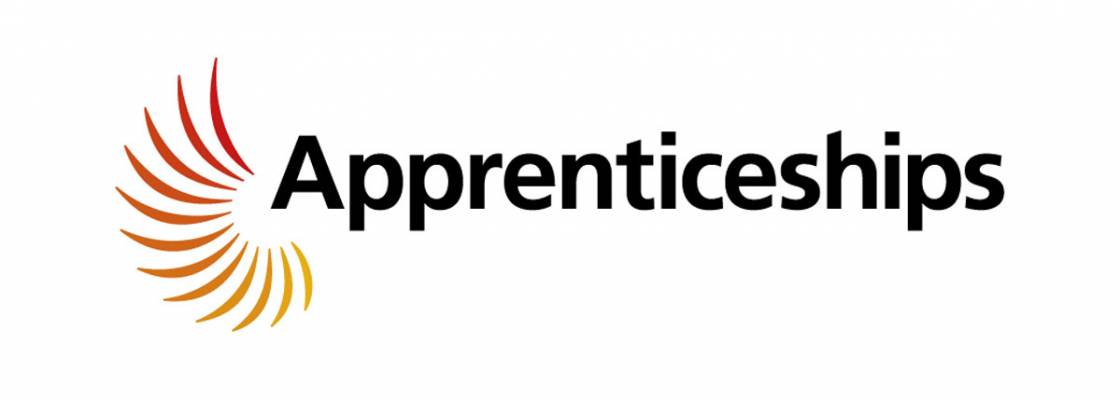
Professional Accreditation
The programme is accredited by the Joint Board of Moderators (JBM), comprising the Institution of Civil Engineers, Institution of Structural Engineers, Institute of Highway Engineers, and the Chartered Institution of Highways and Transportation on behalf of the Engineering Council for the purposes of fully meeting the academic requirement for registration as an Incorporated Engineer (IEng) and partially meeting the academic requirement for registration as a Chartered Engineer (CEng). Candidates must hold a masters or doctorate accredited as further learning for CEng to hold accredited qualifications for CEng registration.
See the Joint Board of Moderators website for further information and details of Further Learning programmes for CEng.
Please check the Engineering Council website for more information.
Kingston University's Civil Engineering Degree Apprenticeship programme has been designed to satisfy the requirements of the IfATE Apprenticeship Standard Civil Engineer (Degree). Specifically, this programme is designed to progress apprentices to IEng registration as part of the apprenticeship End-Point Assessment (EPA), following successful completion of the BEng (Hons) degree.
What you will study
This programme is offered in a part-time mode, with weekly one-day release from employment and scheduled continuing learning at the workplace. It leads to the award of BEng (Hons) Civil Engineering Degree Apprenticeship.
An apprentice does not successfully finish their apprenticeship without successfully completing the End-Point Assessment (EPA).
The BEng (Hons) Civil Engineering Degree Apprenticeship is designed as a non-integrated programme for apprentices who wish to study Civil Engineering to honours degree level through the five-year Degree Apprenticeship scheme and aspire to achieve the professional status of Chartered Engineer (following further learning). Thus, it offers the ideal preparation for a varied and interesting career in the world of civil engineering.
The programme embraces recent developments in education and industry. The curriculum and teaching benefits from the research interests of the academic staff. The design of the programme is based on the guidelines provided by the Engineering Council UK Standard for Professional Engineering Competence (UK-SPEC), the Quality Assurance Agency (QAA) Subject Benchmark Statement for Engineering, and the Joint Board of Moderators (JBM) Guidelines for Accredited BEng (Hons) Degree Programmes.
Modules
The programme is completed when apprentices have successfully achieved 270 credits through typical modules (90 credits at each level of 4, 5 and 6) and 90 credits as work-based modules (30 credits at each level of 4, 5 and 6) that are university-designed and assessed.
Please refer to the current list of modules.
On this programme, you will gain a good mix of theoretical, practical, academic, management and industrial-based skills.
Entry level
Prior knowledge, skills and behaviours can exempt individuals from certain elements of the programme, resulting in different entry levels and learner journeys for the apprentices.
Year 1
Year 2
Year 3
Year 4
Final year
Year 1 develops your skills in engineering science, mathematics, computing, engineering drawing (including AutoCAD), fluid mechanics, soil mechanics, structures, materials and sustainable construction and design. There is an emphasis on practical work, including surveying, model-making and computer-aided design packages.
Core modules and workshops
Sustainable Construction and Design (Work-based learning module)
30 credits
This is a core module for all Level 4 Degree Apprenticeship students in the Department of Civil Engineering. The module introduces the concept of sustainability and its impact on civil engineering and construction. It incorporates a consideration of the stages of design including demolition, possible reuse, recycling, sustainable materials, techniques and design and construction methods. There are links with other modules and this module forms a basis for further study in subsequent years.
The module covers the historical background and the concept of sustainability, including social, political and environmental issues. It also introduces the basic principles of land surveying in an engineering design context and provides practical knowledge on using surveying instruments, along with Building Information Modelling (BIM) application in the engineering design process.
Structures and Engineering Materials
30 credits
The module covers the fundamentals of structural analysis along with the characteristics and physical properties of a broad range of engineering materials. Material test methods will be used to determine the deformations and failure of the various engineering materials. The module studies a selection of materials for civil engineering applications, such as metal, ceramics, polymer and composites, including their impact on the environment. All engineering structures can be modelled mathematically and are subjected to static loading of different types.
On successful completion of the module, students will be able to:
- describe the characteristics of a range of engineering materials including metal, ceramics and polymer and outline the material properties, including their carbon footprint
- explain the mechanisms of elastic and plastic deformation and their relationship to the microstructure of the material
- understand and apply the concept of fracture mechanics as analytical tools of various failure modes including brittle, ductile, fatigue, creep and corrosion
- solve determinate structures, truss and beams, using statics and the principles of equilibrium which include solving algebraic equations, and solving first and second order ordinary differential equations analytically
- determine section properties for simple structural shapes
- understand and apply qualitative solutions to structural behaviour, and engineer's theory of bending to determine induced stresses within structural components.
Engineering Mathematics and Computing Applications
30 credits
The aim of this module is to provide a thorough background in engineering mathematics and equip you with the mathematical skills essential for solving engineering problems. The module also introduces the use of computing methods in engineering. The mathematics part comprises algebra, functions, logarithms, trigonometry, calculus, differential equations and vectors. The computing part covers the use of software for problem solving, visualisation and data representation. The emphasis is on using mathematical and computational tools to solve engineering problems.
Year 2 comprises practical-focused studies covering specific civil engineering subjects such as hydraulics, geotechnics, structures, construction materials and site surveying.
Core modules and workshops
Fluid and Soil Mechanics
30 credits
The module introduces the fundamental properties of fluids and soils covering the basic conservation equations used in fluid mechanics and the essential aspects of soil mechanics. It also includes the concept of dimensions and the SI units of measurement utilised in science and engineering. A laboratory programme runs alongside the teaching, informing students on safe and effective working in an engineering laboratory, the analysis of test data, using appropriate software, and the production of succinct laboratory reports. Where possible, lectures will relate academic work to the ‘real world' of civil engineering, through the introduction of case studies and research.
Engineering Surveying
30 credits
This is a core module for Civil Engineering students at Level 5. Surveying is a fundamental skill expected of any civil engineer and this module builds on the surveying introduced at Level 4 in EG4010. This module exposes you to the instrumentation and observation principles of modern engineering surveying, and develops your theoretical understanding and relevant mathematical expertise as well as your practical skills. The operating principles of surveying equipment (including GNSS/GPS), are all covered in the programme and supported by practical exercises. Further sessions explore a range of mathematically more advanced themes such as error analysis and geometric designs (e.g. road curves and earthworks) that forms some basis for aspects of the Level 6 module CE6012.
Year 3 comprises practical-focused studies covering specific civil engineering subjects such as hydraulics, geotechnics, structures and construction. You will also gain a thorough grounding in project and business management. There are two residential field courses, in engineering surveying and geotechnical engineering.
Core modules and workshops
Geotechnical Engineering 1 and Hydraulics
30 credits
This is a core module for level 5 Civil Engineering students that builds upon the level 4 Module EG4013, developing the analysis and engineering design in hydraulics and geotechnics. The hydraulics section considers natural river courses and the conveyance of water through pipelines, culverts and canals. The geotechnics section concentrates on engineering geology, emphasising the influence of subsurface conditions on civil engineering design and construction; also covered are principles of effective stress and shear strength as well as their use in design. The analysis of groundwater seepage and the dewatering of below-ground works are linked to other aspects of civil engineering hydraulics. The module is primarily delivered through a programme of interactive sessions supported by an extensive laboratory programme.
Structural Engineering 1 and Construction Materials
30 credits
This is a core module for level 5 Civil Engineering students. The module expands on the methodologies and techniques given in EG4011 for structural design at a fundamental level in steel, concrete, masonry and timber, and develops your ability to produce competent and professional structural designs. The consideration of a variety of construction materials, including sustainability issues, will help you to develop your knowledge and understanding of material behaviour, an essential component of civil engineering projects. The module will include the design of civil engineering structures from a conceptual viewpoint laying the foundations for the level 6 module CE6013.
Project and Business Management (Work-based learning module)
30 credits
This is a core module for all level 5 Degree Apprenticeship students in the Department of Civil Engineering. The module includes principles and commercial practices for the management of engineering projects and related wider business operations. The nature of project engineering and business management is considered in the context of quality, time, risk and sustainability. The module is contextualised for Civil Engineering and Construction professionals to promote and broaden knowledge of how companies and organisations work in the project and business environment. This module continues effective team working as well as developing interpersonal skills.
Year 4 is when you will study the development, design and construction of sustainable infrastructure, focusing on water engineering, transport, highway and the energy sector. You will also start your individual project.
Core modules and workshops
Sustainable Infrastructure and Environment
30 credits
This is a core module for the final year BEng and BSc Civil Engineering courses. The module has been formulated to broaden your perspective on the infrastructure that underpins a developed society and the role of the civil engineer in its design, construction, maintenance and management. The requirement for sustainable solutions will be emphasised throughout the module, considering the influencing environmental, economic, social and political factors. A global perspective will be introduced by considering case studies throughout the world and discussing the different factors that influence the infrastructure. Graduate employment opportunities will be outlined in the various sectors, reinforced by guest lectures from expert practitioners/researchers and relevant site visits. The module will consider the broad range of infrastructure with a focus on transportation and water, opening up career path opportunities for graduates.
Individual Project and Research Methods (Work-based learning module)
30 credits
This is a core module for level 6 BEng apprentices.
The individual project is an opportunity to explore a subject of the apprentice's own choice and to initiate, design and execute a small scale research project under supervision at their work place. The work in the project will draw upon material from all modules previously or currently taught and provide a culmination to their degree. Additionally, this allows the apprentices to develop and practise their research skills that will be invaluable for the future. Apprentices are encouraged to work independently, study a topic in depth, review previous work, collect, and interpret and analyse information.
This module will also develop apprentices' ability to communicate clearly and succinctly – orally, graphically and in writing. In undertaking the work they should demonstrate knowledge and competence in reviewing literature and in using one or more of a range of research methods to collect and analyse data and draw well-founded conclusions.
To support the apprentice, a series of lectures in research methods is given. There is also one-to-one supervision.
Assessment is by submission of an initial formative research statement and summative assessments comprise an interim report, an oral presentation and the completed project.
In your final year you will study building and environmental engineering, the development, design and construction of sustainable infrastructure, focusing on water engineering, transport, highway and the energy sector. You will continue your individual project and take part in a major group design exercise with fellow students.
Core modules and workshops
Structural Engineering 2 and Geotechnical Engineering 2
30 credits
This is a core module for level 6 Civil Engineering students. The module covers methodologies and techniques for the structural analysis and design of steel, concrete and timber structures at an advanced level, as well as geotechnical design of a wide range of foundations, building upon knowledge gained at Level 5. Upon the completion of this module you will be able to produce competent and professional structural and geotechnical designs. This will stimulate you to develop an interest and awareness of the scope and nature of structural and geotechnical engineering within the design process and to encourage creativity. Development of team working skills and independent study is an important part of the module. This module intends: to develop structural and geotechnical design technical skills, to increase awareness of the role of the structural and geotechnical engineers in solving design and construction problems, to encourage you to utilise your membership of professional institutions and to enhance your employability.
Individual Project and Research Methods (Work-based learning module)
30 credits
This is a core module for level 6 BEng apprentices.
The individual project is an opportunity to explore a subject of the apprentice's own choice and to initiate, design and execute a small scale research project under supervision at their work place. The work in the project will draw upon material from all modules previously or currently taught and provide a culmination to their degree. Additionally, this allows the apprentices to develop and practise their research skills that will be invaluable for the future. Apprentices are encouraged to work independently, study a topic in depth, review previous work, collect, and interpret and analyse information.
This module will also develop apprentices' ability to communicate clearly and succinctly – orally, graphically and in writing. In undertaking the work they should demonstrate knowledge and competence in reviewing literature and in using one or more of a range of research methods to collect and analyse data and draw well-founded conclusions.
To support the apprentice, a series of lectures in research methods is given. There is also one-to-one supervision.
Assessment is by submission of an initial formative research statement and summative assessments comprise an interim report, an oral presentation and the completed project.
Business Management and Group Project
30 credits
This module gives you an opportunity to work as a member of a design team on an Aerospace/Mechanical/Civil design project. It also further develops your broader understanding of the business context of engineering activities. It will develop a set of skills and techniques which will prepare you for employment.
Please note
Optional modules only run if there is enough demand. If we have an insufficient number of students interested in an optional module, that module will not be offered for this course.
Entry requirements
Degree apprenticeship
The Civil Engineering BEng (Hons) Degree Apprenticeship programme provides a strong platform for pursuing and achieving a varied and interesting career in Civil Engineering. It incorporates recent developments in industry and education as well as the curriculum and teaching principles from research and academic.
Typically, you'll spend one day a week at university rather than your place of employment. There will also be learning activities and training at your workplace.
Teaching and assessment
As the predominant part of the 20% off-the-job training, the BEng programme in Civil Engineering Degree Apprenticeship has been designed, taking into account the Kingston University Curriculum Design Principles, to help develop apprentices into graduates that are professional, thoughtful, creative, resilient, proactive and globally aware independent, equipping them to be lifelong learners.
In total, 75% of the degree element of the programme will be delivered at the university and the remaining 25% will be delivered through work-based learning. Associated tutorials, laboratory practicals, fieldwork, site visits and design classes are used to enhance the lecture material and continuing learning at work. The programme is devised to encourage and develop apprentices with confident interpersonal and communication skills, as well as emphasising group work, data analysis and ICT skills.
The contact hours associated with a module at the University depends on the module type, but typically a module would comprise 3 hours per week lecture/tutorial and one hour per week for a design/practical session. Apprentices are expected to spend the remaining hours for a 30 credit module in guided independent study. Typically, the contact hours associated with a work-based module would comprise an hour per week for a tutorial during teaching weeks and eight hours for lecture/practical sessions during non-teaching weeks (10% of the module). Apprentices are expected to spend the remaining hours for a 30 credit module in work-based learning (circa 70%) and guided independent study (circa 20%).
Who teaches this programme?
The programme is taught at the Faculty of Engineering, Computing and the Environment. Faculty staff have a wide range of experience across research and industry and continue to practise and research at the cutting edge of their discipline. This ensures that our programmes are current and industry informed, ensuring you get the most relevant and up-to-date education possible.
Staff will use their experience and professional networks to hone your skills and shape you into the next generation of science, technology, engineering and mathematics (STEM) graduates.
Postgraduate students may run, or assist in, lab sessions and may also contribute to the teaching of seminars under the supervision of the module leader.
Facilities
There is a wide range of facilities for practical work at our Penrhyn Road campus, where this course is based. You will have access to a modern environment with the latest technology and industry-standard equipment, including:
- extensive materials and structures facility for concrete, masonry, steel and timber;
- geotechnical and hydraulics testing facilities; and
- surveying equipment, such as satellite global-positioning systems.
Dedicated computer-aided design facilities include:
- a range of CAD/CAM packages, such as Ideas, SolidWorks and AutoCAD;
- finite element analysis
- computational fluid dynamics; and
- virtual instrumentation.
What our students say
Civil Engineering students, Anya and Kievan talk about their experience studying at Kingston University:
What our graduates say
End-Point Assessment (EPA)
Each apprentice on an approved Apprenticeship Standard is required to take an End-Point Assessment (EPA) to complete the programme. The EPA is delivered by an End-Point Assessment Organisation (EPAO) that is registered with the Education and Skills Funding Agency (ESFA).
The EPA is either integrated as part of the apprenticeship or completed after the course element. If an apprentice is completing the EPA after the course element, they must ensure they have successfully completed their learning, achieved the gateway requirements and finished uploading their evidence prior to taking the EPA.
Local Employer Group (LEG)
The LEG was established to monitor, support and enhance the delivery and operation of the programme. This includes management and periodically reviewing of work-based learning by this established local employer group with the aim of delivering an apprenticeship programme that is a high-quality satisfactory experience for all. Representatives of apprentices are invited to serve on the group. Terms of reference include:
In advance of each group meeting, the course administrator asks the apprentice representative to gather feedback from their fellow apprentices to be channelled through them at the meeting.

Next steps
Employees
If you are currently employed full time and would like to find out more about apprenticeships, please ask your employer to contact the Kingston University apprenticeship team.
Employers
If you are an employer interested in how apprenticeships can support your organisation and employees, please contact the apprenticeship team for further details.
Course changes and regulations
The information on this page reflects the currently intended course structure and module details. To improve your student experience and the quality of your degree, we may review and change the material information of this course. Course changes explained.
Programme Specifications for the course are published ahead of each academic year.
Regulations governing this course can be found on our website.


